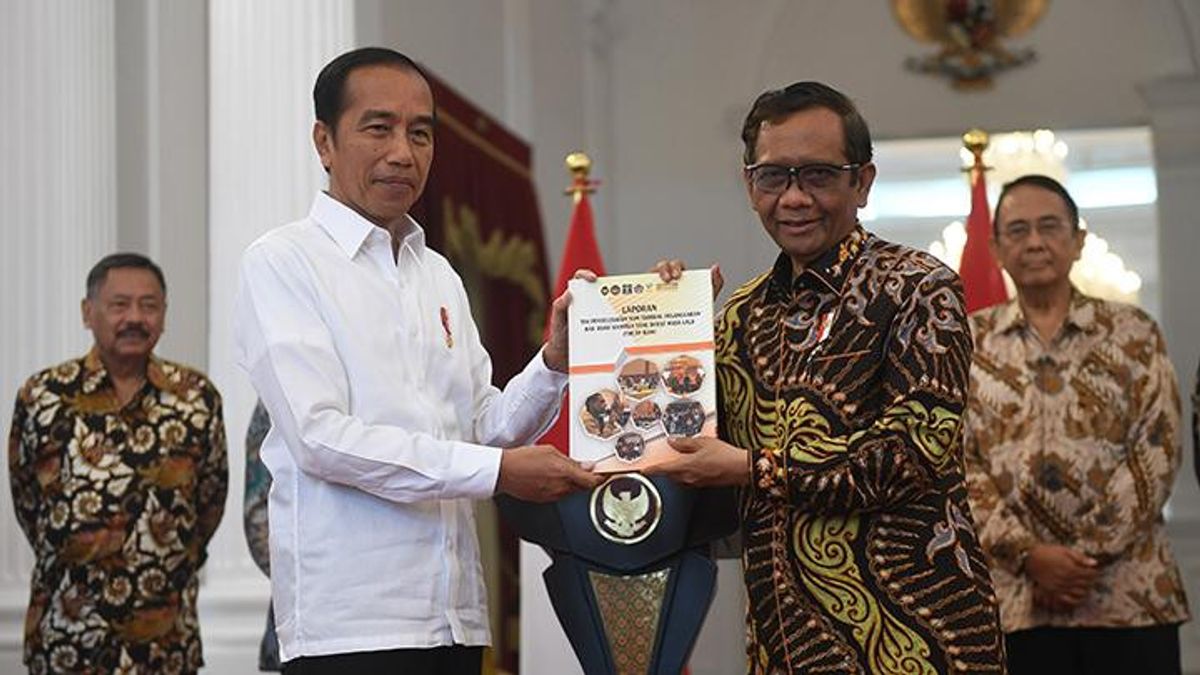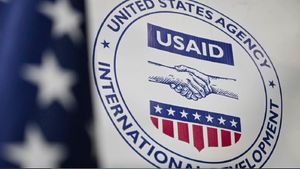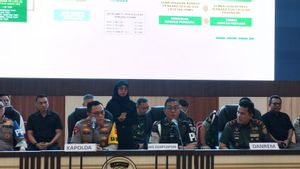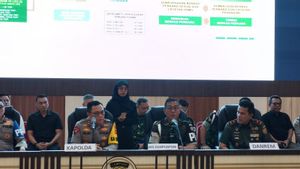JAKARTA - President Jokowi has stated that Indonesia acknowledged the occurrence of 12 gross human rights violations. The National Human Rights Commission (Komnas HAM) said that it had provided input to the government before the country's recognition.
"Komnas HAM provides input on several principles that the government needs to pay attention to in realizing the findings of the PPHAM Team report (Non-Judicial Settlement Team for Serious Human Rights Violations in the PAST)," said Komnas HAM Chairman Atnike Nova Sigiro in Jakarta, Wednesday, January 18.
Apart from Jokowi, he continued, Komnas HAM also provided input to the PPHAM Team and the Coordinating Minister for Political, Legal and Security Affairs (Menkopolhukam) Mahfud MD.
Atnike said this was to respond to a number of questions and statements from members of Commission III of the DPR regarding Komnas HAM's attitude towards the recognition of 12 past gross human rights violations.
Basically, continued Atnike, Komnas HAM welcomed President Jokowi's attitude on the recognition of 12 gross human rights violations which had also been investigated by Komnas HAM. This confession is a form of the Government's commitment, as the maker of the obligation to restore the rights of victims, as regulated in the laws and regulations.
The next point or input that Komnas HAM conveyed to Jokowi, the PPHAM Team, and Mahfud MD is that the Government guarantees that similar incidents of gross human rights violations will not be repeated in the future.
Prevention can be done either through a team of legal changes, legal improvements, or public education efforts or community awareness development to avoid violence.
Regarding the recovery of victims of past gross human rights violations, Komnas HAM considers it to involve stakeholders from related ministries and non-ministerial government agencies (K/L), including Komnas HAM, Komnas Anti-Violence Against Women (Komnas Perempuan), and the Witness and Victim Protection Agency (LPSK).
In addition, Komnas HAM also recommends that the recovery given to victims should be consulted first, because they understand what they are experiencing or need.
"From the start, we hoped that assistance to victims was not just mercy, but a recovery that restored the dignity of victims," said AtINKe.
The English, Chinese, Japanese, Arabic, and French versions are automatically generated by the AI. So there may still be inaccuracies in translating, please always see Indonesian as our main language. (system supported by DigitalSiber.id)








